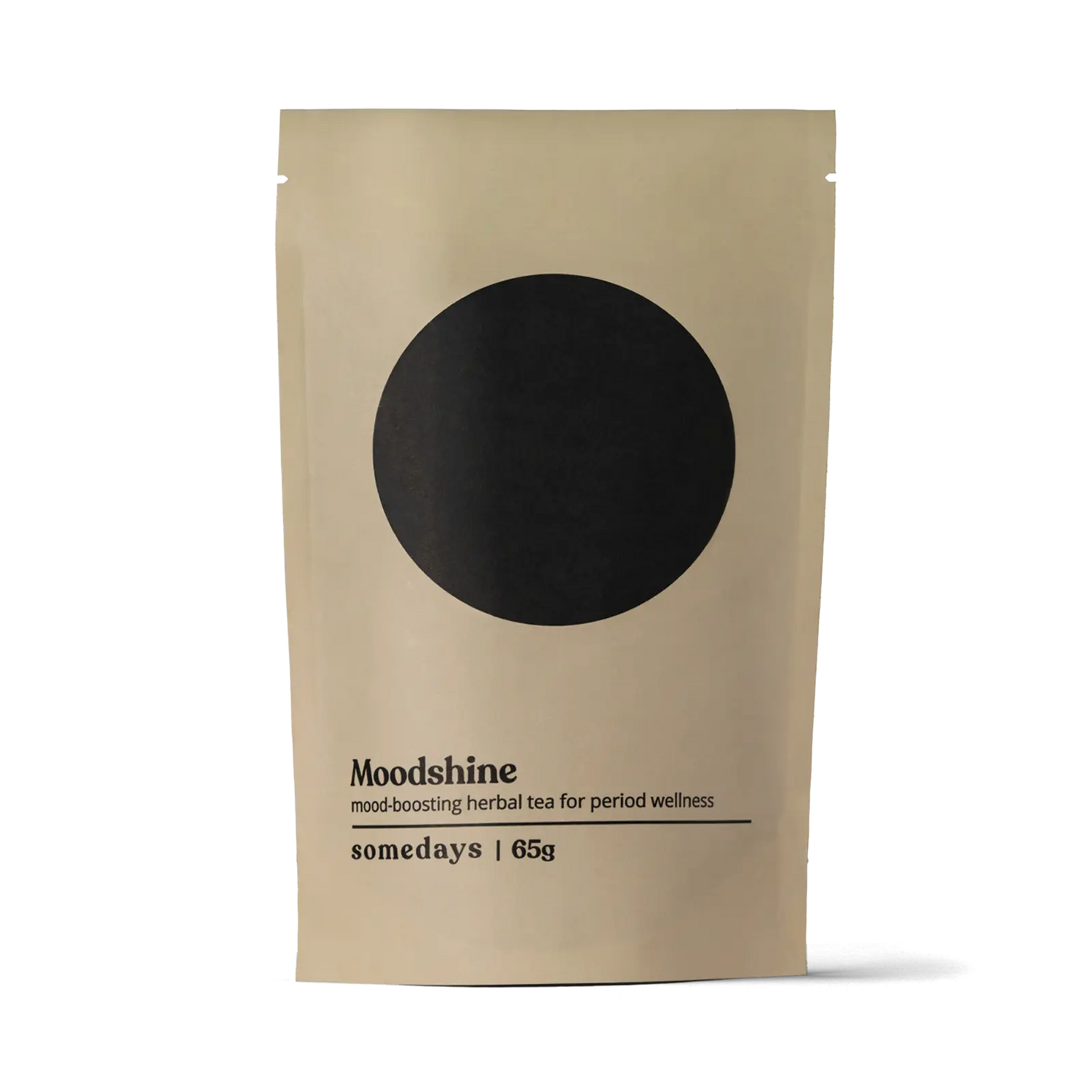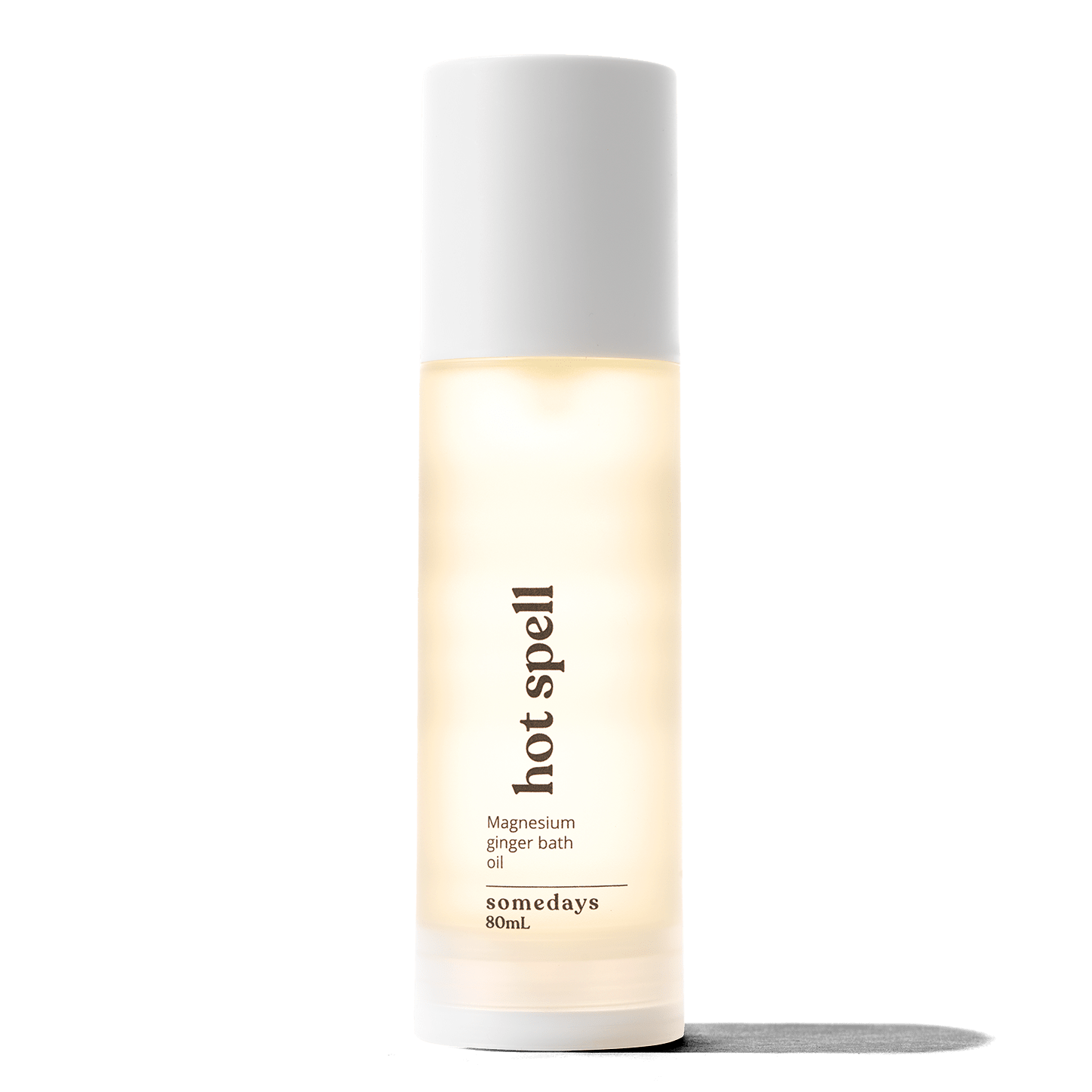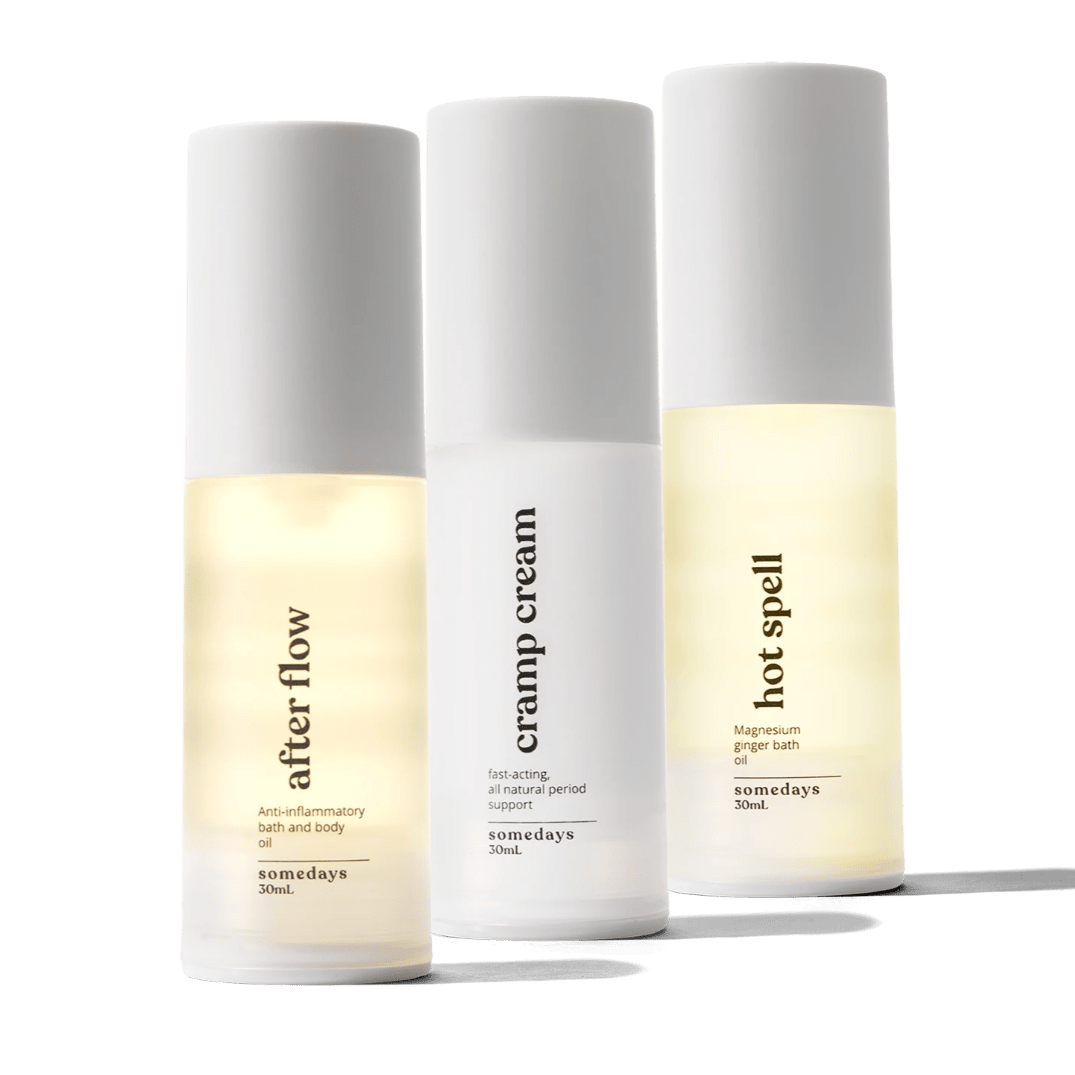The Connection Between Chronic Pain and Sex

There is a complex relationship between sex and chronic pain. Chronic pain can affect a person’s sex life because of the pain itself, but also because of other factors that come with chronic pain, such as mood changes, decreased libido, medications, or stress.
The relationship between sex and chronic pain is further complicated by the fact that there are a sub-set of chronic pain conditions, sexual dysfunctions, which can additionally cause pain to occur before, during or after various sexual experiences.
Causes of Pain During Sex
For instance, dyspareunia specifically refers to pain during penetrative sex. One of the main symptoms of vaginismus is involuntary tensing of the vagina during/before/after penetration and other movements which cause intense pain during sex. Lastly, a very common symptom of endometriosis, is pain during sex, especially deep penetration.
Research has recently shown as well how there is a strong correlation between sexual expression and chronic pain.
A survey asked people with lower back pain how their pain affected their sex lives; nearly 50% of those surveyed stated that pain affects their sexual enjoyment.
Similar results were found in a study in England that more broadly focused on multiple forms of chronic pain, and interviewed patients enrolled in a chronic pain treatment program. This study found that 73% of those surveyed self-reported pain-related sexual problems.
Conversations About Pain During Sex
Despite so much research suggesting a definite relationship between sex and chronic pain patients and researchers can also attest that sexual pain may be one of the least talked about symptoms of chronic illness. Chronic pain sufferers themselves (67% in a study) discuss how doctors never even raised the issue of sex and chronic pain with them in a medical setting.
Because sex and intimacy plays an important role in the quality of life (if the person is sexual), doctors not discussing the correlations between sex and chronic pain with their patients is problematic.
Another study found that the natural endorphins that are released in sexual activity can actually help with certain kinds of pain; they found this by using fMRI’s.
When I personally sought help for the various pain issues I had experienced over the years, I was never asked if sex hurt. Even during my gynecological appointments painful sex was never something that was brought up unless I initiated the conversation.
I think that this is something doctors can hopefully incorporate into standard practice in the future. Until then, I think it is paramount that we educate those suffering from chronic pain on the connections between sex and pain so they can be aware and advocate for themselves within medical systems.
A key issue that myself and many other people who suffer from chronic pain identify with is how chronic pain can change your perception of yourself. For me, this was manifested in feeling inadequate in romantic relationships due to my inability to achieve my self-imposed goal of penetration.
Though self-imposed, I internalized skewed messages of sex and gender roles and re-defined my sense of self based on not being able to achieve a singular form of sex. This led to me having a lower sense of self-esteem, which further lowered my sexual desire.
How To Decrease Pain During Sex
Despite there being little research into the complex relationship between sex and chronic pain, there have been some suggestions regarding how to decrease pain during sex.
1. Redefine Sex and Intimacy
Our society is arguably hyper-preoccupied with heterosexual forms of sex that prioritize penetration, to the point where other forms of sex are often dismissed from definitions of “sex".
We can experience sex in many ways, whether it be oral, penetrative, or stimulative. Some forms work better for those with chronic pain. For instance, before I could have penetrative sex, I instead used other methods of sexual expression.
Additionally, we can re-define perceptions of sex to include intimate acts that make us feel close to another person, such as massage, cuddling, or kissing.
A study on chronic pain examined how pain affects sex lives, and a large percent of the participants stated that they found that their pain did in fact influence that aspect of their lives, but they had adjusted. In this study specifically, adjustment methods included expanding definitions of sex to include other forms of intimacy.
This is something that especially helped me in navigating sex with chronic pain—finding moments of intimacy outside what I typically narrowly defined as “sex,” and finding comfort there instead of forcing myself to “just push through and try” like I did so many times when I was in pain years ago.
2. Find A Community
For topics like sex and chronic pain, I think building community is one of the most important aspects in rectifying the secrecy that has taken hold of topics like this. Like menstruation, I feel like pain and sex have been made invisible. Furthermore - penetrative forms of sex have been normalized to hurt, especially for women.
No one really talks about pain and sex. That needs to change.
I am not sure if this is a “me” thing, but I felt obliged to remain silent about my struggles with pain and sex for fear that something was wrong. It wasn’t until I posted publicly on my Instagram about my long struggle with Vaginismus that I realized how common these experiences were. So many people reached out saying they didn’t know Vaginismus was even a thing, but they were experiencing symptoms.
Community sparks conversations about topics that have been previously hidden. Through openness and vulnerability, more and more people can join the conversation and be more aware of these topics. Talking about chronic pain and sex is empowering, because we are reclaiming discussions with openness, and becoming more aware of our bodies.
Previous Article All Articles Next Article
All Articles


